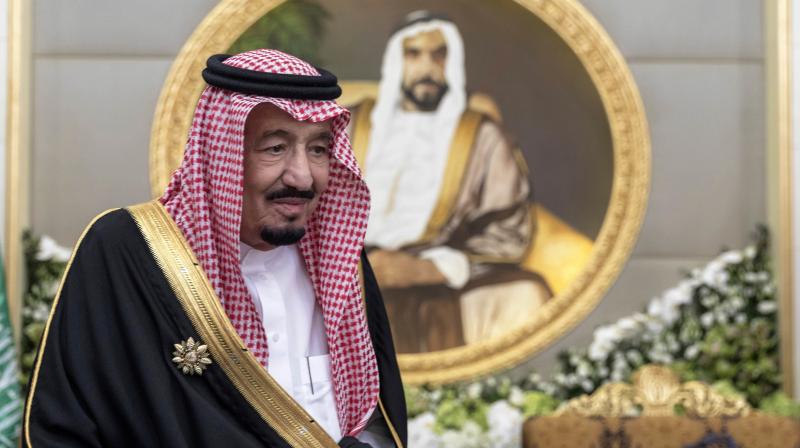Major economic policies and targets detailed in Saudi 2017 budget

Energy Subsidies: The government plans to gradually phase out subsidies on energy, although needy citizens will receive "direct cash support" to help them manage, the budget statement said without specifying when this would happen.
Debt: Over the next four years, Saudi Arabia plans to diversify its debt sales, both domestically and internationally, to include sukuk. It will also seek to sell instruments denominated in different currencies, depending on market demand and conditions.
Privatisations: The National Center for Privatization will determine in 2017 the possibility of privatizations in various sectors including public utilities, sports, health, education, transport and municipal services.
Sales Tax: The government will complete arrangements for the introduction of value-added tax, which is to begin at a 5 percent rate in 2018.
Public-Private Partnerships: Seventeen government agencies have identified 85 potential projects which could be suitable for cooperation between the public and private sectors. The budget document did not elaborate.
Balanced Budget: The government continues to work towards achieving a balanced national budget in 2020.
Efficiency Savings: A review of the five highest spending government ministries by the Spending Rationalization Office resulted in savings of around 80 billion riyals ($21.3 billion). It did not identify which ministries were part of the review.
Additional initiatives aimed at increasing the efficiency of capital and operational expenditures will be announced in future.
Accountancy: All government agencies will change their accounting practices to rely on the accrual principle, with the move expected to be completed before or during 2020.
Under the accrual principle, transactions are recorded in accounts during the time period in which they occur, instead of when the cash flows relating to them happen.
Expenditures: The Ministry of Finance will work with other government agencies to prepare a framework for expenditures over the medium term, a period defined as between three and five years.
A road map to allow for a full transition to this framework will be developed, the budget statement said, without providing a timeframe for when this would happen.
Financial Planning: Plans and models will be established which will help facilitate the preparation of the 2018 and subsequent budgets.

